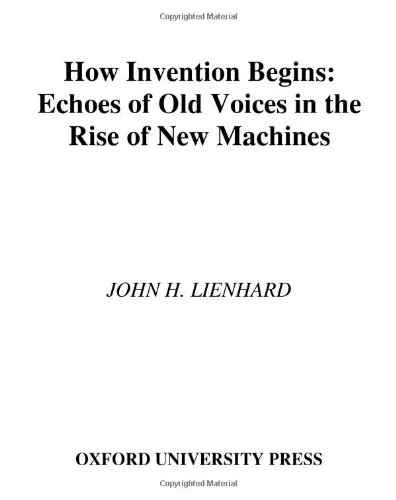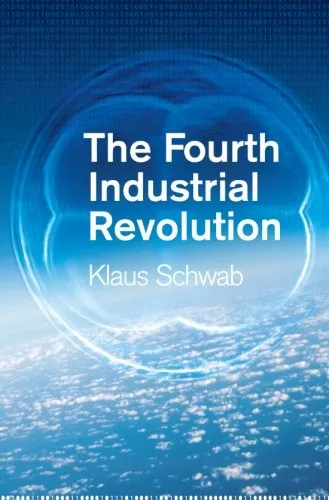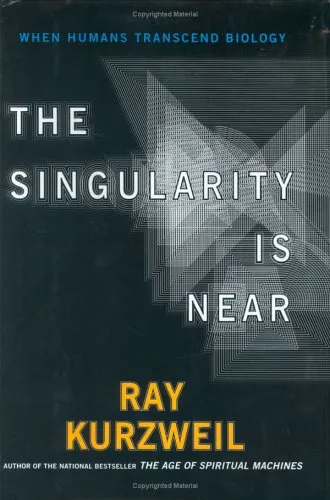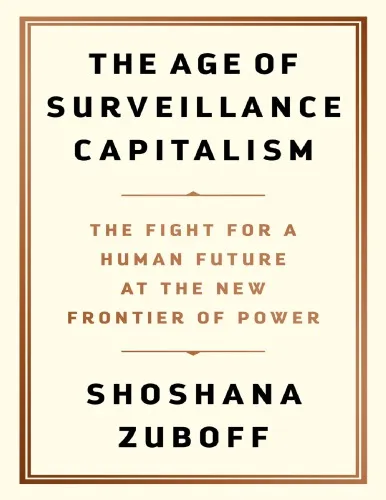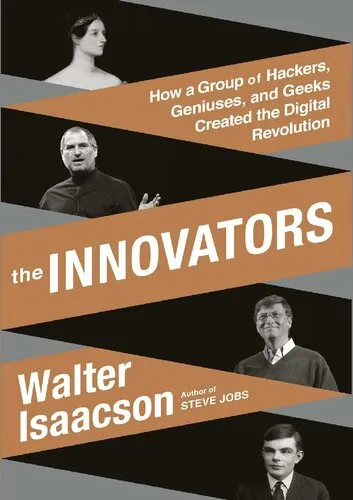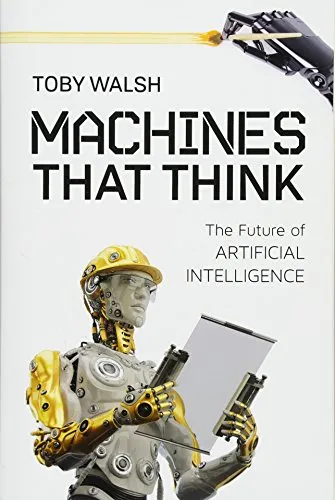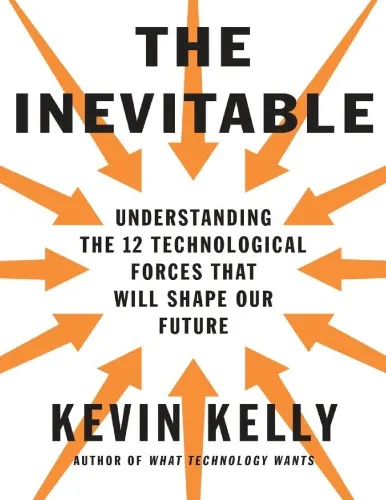How Invention Begins: Echoes of Old Voices in the Rise of New Machines
3.8
Reviews from our users

You Can Ask your questions from this book's AI after Login
Each download or ask from book AI costs 2 points. To earn more free points, please visit the Points Guide Page and complete some valuable actions.Related Refrences:
Persian Summary
Welcome to an engaging exploration into the world of invention and innovation with "How Invention Begins: Echoes of Old Voices in the Rise of New Machines." Authored by John H. Lienhard, this book embarks on a fascinating journey through the history of invention, unveiling the intricate threads that connect past ideas with contemporary technologies. Through a blend of historical anecdotes and insightful analysis, Lienhard takes readers on a captivating expedition that challenges conventional narratives about how new machines and technologies come to life.
Detailed Summary of the Book
In "How Invention Begins," John H. Lienhard presents a profound thesis: inventions are rarely the result of a singular moment of genius, but rather the culmination of a series of progressive steps that echo the ideas and voices of the past. Lienhard delves into a variety of inventions, from the steam engine to the modern computer, illustrating how each is deeply rooted in its historical context and influenced by the work of predecessors. Rather than depicting invention as a solitary pursuit, the book emphasizes the collaborative nature of innovation, where ideas evolve and mature over time.
By examining lesser-known stories and revisiting iconic inventions with a fresh perspective, Lienhard provides an insightful narrative that redefines our understanding of technological progress. He argues that the path to innovation is often one of incremental advances built upon existing knowledge, cultural influences, and societal needs.
Key Takeaways
- Invention is a cumulative process that draws upon a tapestry of prior knowledge and advancements.
- The development of new machines is profoundly influenced by historical, cultural, and social factors.
- Collaboration and communication among individuals and across generations play a crucial role in the innovation process.
- The conventional view of the inventor as an isolated genius is a myth; instead, inventions are often the result of shared efforts.
- Understanding the echoes of the past can provide valuable insights into current and future technological developments.
Famous Quotes from the Book
Throughout the book, John H. Lienhard shares thought-provoking insights that resonate with the spirit of invention. Here are some memorable quotes:
"The genesis of invention is a mosaic of past ideas interwoven with the fabric of new insights."
"Innovation is not the spark of a solitary mind, but the symphony of voices across time."
"To understand the technology of today, we must listen to the echoes of those who came before us."
Why This Book Matters
"How Invention Begins" offers a transformative narrative that challenges preconceived notions about the creation of new technologies. By emphasizing the continuum of innovation, John H. Lienhard invites readers to appreciate the collaborative and interconnected nature of human ingenuity. This book is a valuable resource for historians, engineers, and anyone interested in the intricate journey of invention.
Lienhard's adept storytelling and comprehensive analysis provide a unique lens through which to view the evolution of technology. The insights garnered from this book not only enrich our historical understanding but also inspire current and future inventors to acknowledge the importance of building upon the knowledge of past generations.
Free Direct Download
You Can Download this book after Login
Accessing books through legal platforms and public libraries not only supports the rights of authors and publishers but also contributes to the sustainability of reading culture. Before downloading, please take a moment to consider these options.
Find this book on other platforms:
WorldCat helps you find books in libraries worldwide.
See ratings, reviews, and discussions on Goodreads.
Find and buy rare or used books on AbeBooks.
1489
بازدید3.8
امتیاز0
نظر98%
رضایتReviews:
3.8
Based on 0 users review
Questions & Answers
Ask questions about this book or help others by answering
No questions yet. Be the first to ask!
